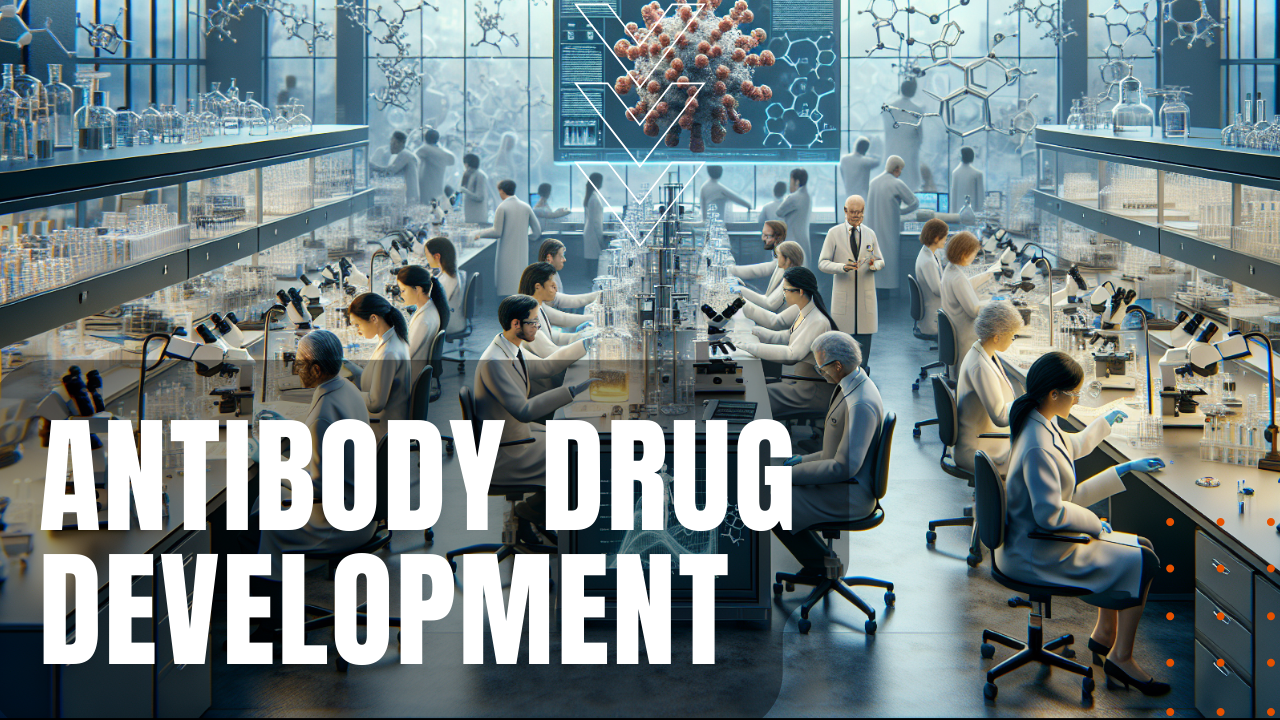Breakthroughs in Antibody Drug Development

Researchers at the University of Washington, Seattle, published their initial proof of concept results in March of 2024, as printed in the non-peer reviewed preprinting platform, BioRxiv, announcing that for the first time in scientific research history, their team employed regenerative AI to design new antibodies from scratch, raising the possibility of bringing AI-guided protein design to the therapeutic antibody market, which is worth hundreds of billions of dollars annually. Known as the warriors against disease, antibodies are immune molecules that attach to invading pathogenic proteins, which in the past have been developed using brute force techniques involving immunizing animals or screening enormous numbers of molecules—both techniques consuming vast amounts of time and money.
New Shortcuts
Instead, the team’s AI model has found ways to shortcut previous methodologies, providing the potential to “democratize the ability to design antibodies,” says lead study co-author and computational biochemist Nathaniel Bennett. “Ten years from now,” he goes on, “this is how we’re going to be designing antibodies.” Co-led by computational biophysicist David Baker and computational biochemist Joseph Watson, their primary tool, named RFdiffusion, gives researchers the ability to design mini proteins that bind with targeted antigen proteins of choice, and while their designer molecules lack any resemblance to antibodies, using image-generating AI platforms such as DALL•E and Midjourney, the team refined their algorithmic model by training it on thousands of experimentally determined antibodies attached to their targets, effectively mimicking the work of a real antibody.
Milestone Advance
Considered a key breakthrough in designer antibody research, the early antibodies produced by RFdiffusion are considered a precursor for design models yet to come—still years away from clinical applications or FDA approvals, since the researchers, for reasons of study design and simplicity, created single-domain antibodies found in camels and sharks rather than the more complex proteins used in nearly all FDA approved antibody drugs on the market today. “This is proof-of-principle work,” say Joseph Watson. “It feels like quite a landmark moment. It really shows this is possible,” making AI-generated designer antibodies, an early glimpse into the future of drug development.
